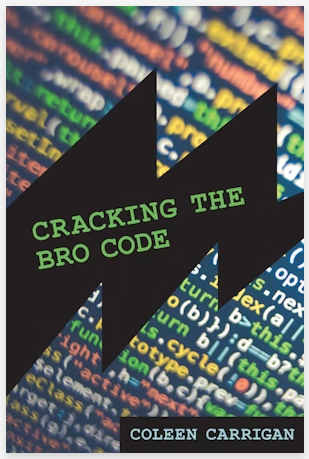Coleen Carrigan

About
Dr. Coleen Carrigan is a Copenhaver Associate Professor in the Department of Engineering and Society at the University of Virginia. Using ethnography, her research advances knowledge on the allocation of resources, opportunities and respect in US engineering and computer science.
Carrigan participates in interdisciplinary collaborations committed to justice in science and technology and holding these institutions accountable to commonweal values and democratic oversight. She prepares her students with critical tools to enhance their capacity to civically engage with the grand challenges facing humanity and the planet.
A recipient of a National Science Foundation Faculty Early Career Development (CAREER) Award, Carrigan investigates the intersections of gender, race and social values in computing. In 2025, Carrigan received the Presidential Early Career Award for Scientists and Engineers (PECASE). Prior to joining the University of Virginia, she was an Associate Professor of Anthropology and STS at California Polytechnic State University, San Luis Obispo. She was also a senior manager in the high-tech industry before on-ramping into academia.
Her book, Cracking the Bro Code, is available from MIT Press.

Education
Post-doc University of Washington ADVANCE Center for Institutional Change
PhD University of Washington
MA University of Washington
BA College of the Holy Cross
Using feminist ethnography, I investigate technoscientific culture and cultivate care, communal resistance, and mutual support in the worlds I study to transform not only who gets to produce scientific knowledge but also to reimagine other ways of knowing.